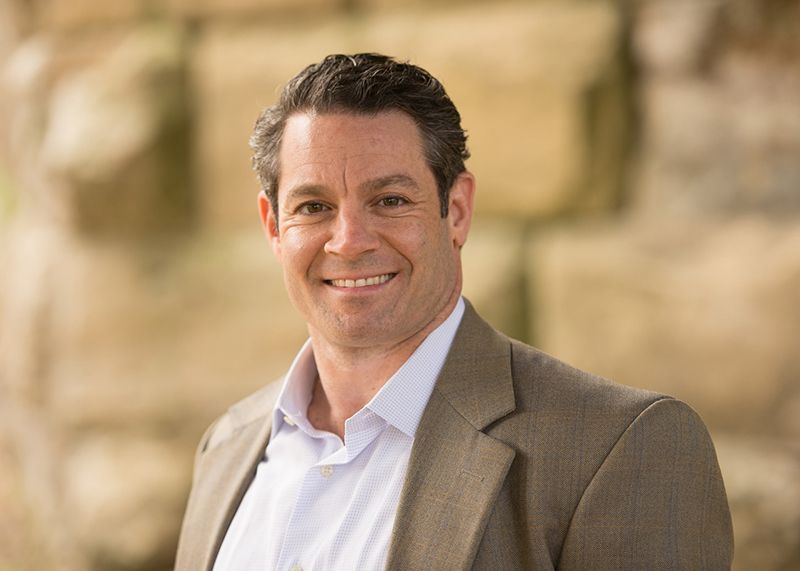I recently spent time at a corporation where the CEO had spent millions of dollars on a project, and some of the senior managers believed from the start that it was destined to fail. Why, I had to ask, didn’t they speak up and voice their concerns? Because they believed that the CEO’s reaction to their honesty would have been much like the Red Queen’s in Alice’s Adventures in Wonderland: “Off with their heads!”
I think most CEOs would be shocked at how much organizational time, effort and resources go into managing their experiences and possible reactions. I see this frequently in my work as an adviser to executive leaders. Many interactions with executives are highly orchestrated. From customer meetings to internal presentations, a significant amount of effort goes into shading information to make it more palatable and avoiding topics that might include negative feedback—even when it’s the truth.
Getting unfiltered, honest perspectives and input from others might be the toughest part of being an executive. It’s not because people are trying to deceive you—that’s rare in most companies. Too often, leaders create environments that do not encourage truthful, direct feedback. People often worry about disappointing the boss and the ramifications of doing so. They might worry about being labeled as negative or not a team player. When leaders react badly to hearing the straight scoop, they thwart the good intentions of team members who want to share their candid opinions and important concerns.
If you want to hear the truth about what’s happening in the field, what the real forecast looks like, or the challenges people have in executing your strategy, try the following:
• Invite dissenting opinions. Specifically ask people what they think isn’t working. Emphasize that you value critical feedback. If you really want to know if the project you invested in is paying off, you’ll have to work hard to get the real scoop. Don’t settle for “everything’s fine” reassurances.
• Walk your talk. Don’t punish people for sharing negative information or opinions that don’t agree with yours. If you do, you’ll never get candid feedback again. Ask for realistic forecasts, and don’t blame the messenger when they deliver news you don’t like. Otherwise, you’ll receive positive (and utterly unrealistic) reports.
I empathize with CEOs—it’s tough to get honest information at the top. But it begins by creating a culture of openness and a willingness to hear opinions and information that you might not agree with or like. It might not be as pleasant at times, but you’ll make better decisions when you have the complete—and honest—picture. ♦
Scott K. Edinger is an author, consultant and speaker, and is recognized as an expert on leadership for revenue growth. Learn more at edingerconsulting.com or on Twitter, at
@ScottKEdinger.














